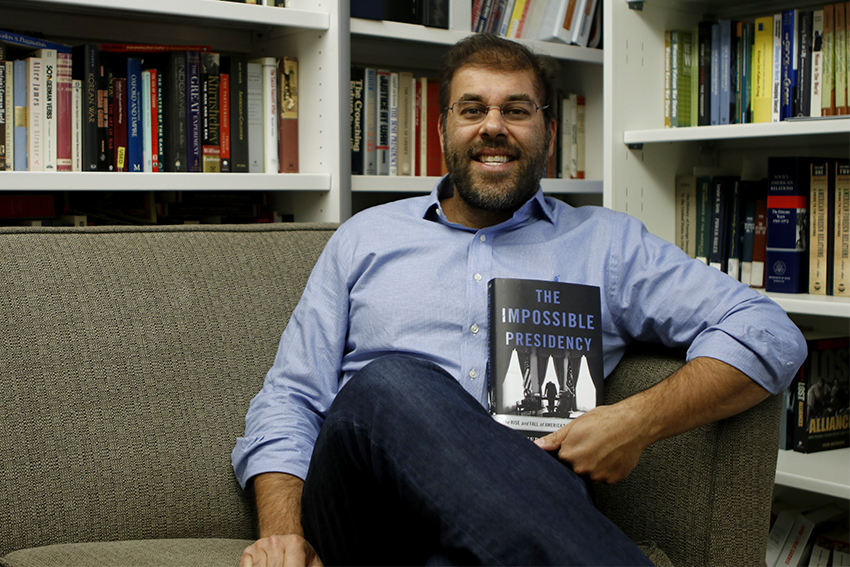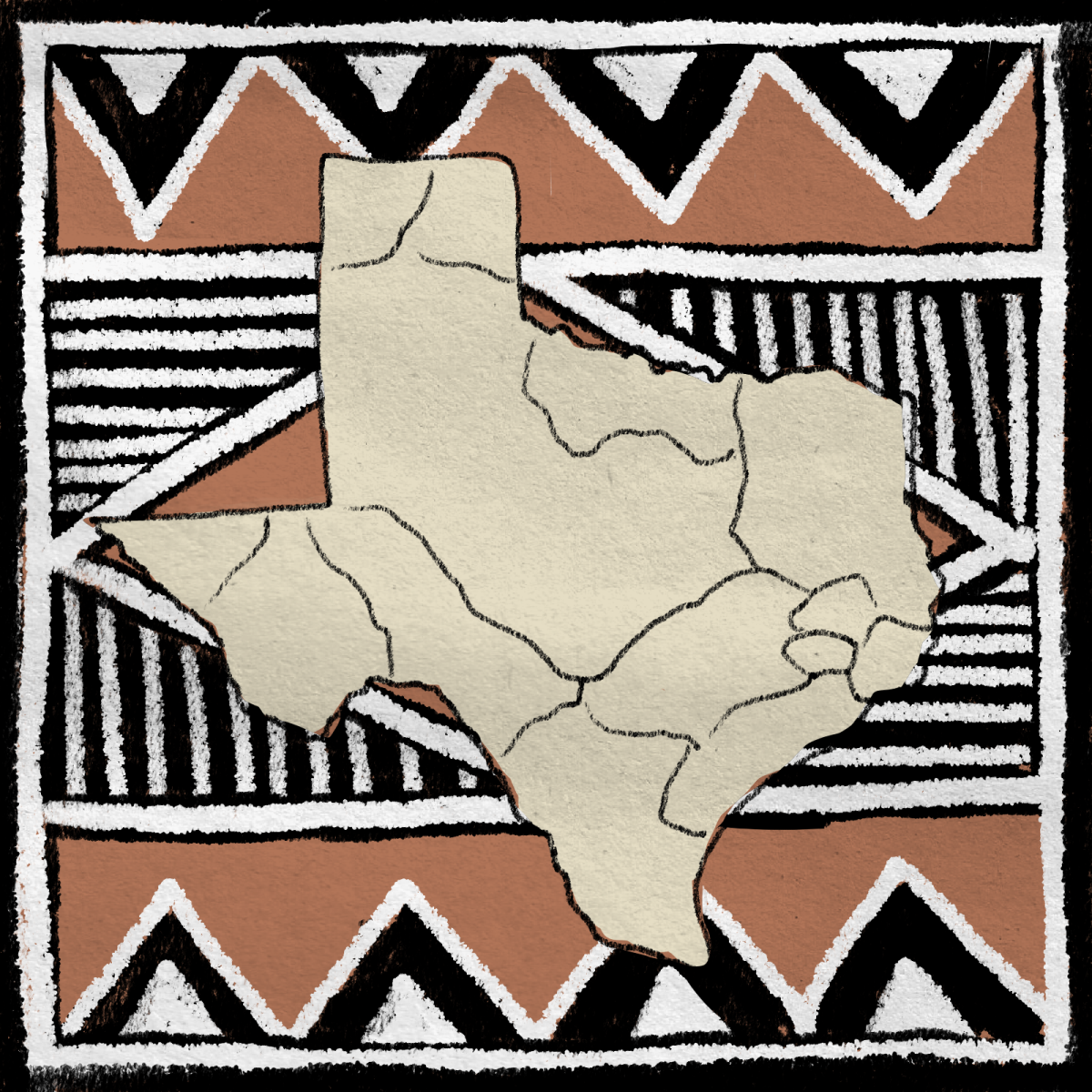In front of dozens of American flags last year, Donald Trump told the Republican National Committee he planned to make America rich again, then boasted about the billions of dollars he had made in business deals.
Throughout his presidential campaign, Donald Trump sold his business experience as a sign of a successful presidency. But in a new book, “The Impossible Presidency: The Rise and Fall of America’s Highest Office,” public affairs professor Jeremi Suri writes that the Oval Office not only demands greater expertise but also possesses a burden too great for any individual to bear alone.
“The leader of the wealthiest and most powerful country in the world is much more than a CEO, a general or a party leader,” Suri wrote in his book. “The American president is closer to a mythological figure, expected to rise above normal human limitations and manage a constant barrage of local and international problems.”
Suri said Trump is not the only president whose knees buckle under the overwhelming pressure of the office. Weaving a thread from George Washington’s humble tenure to Barack Obama’s global impact, Suri said understanding the presidency’s evolution provides insight into its overlooked flaws.
“Beginning as a small and uncertain position within a large and sprawling democracy, the presidency has grown over two centuries into a towering central command for global decisions about war, economy and justice,” Suri wrote. “Despite their dominance, modern presidents have rarely achieved what they wanted because they have consistently overcommitted, overpromised and overreached.”
After World War II, Suri said demands on the presidency grew as the U.S. emerged as a global power and as its citizens sought more domestically — regardless of whether a president desired more influence.
“It’s sort of like, once you become rich enough, I guess, everyone comes to you for money,” Suri said in an interview. “When you reach a certain degree of power, many different groups at home and abroad start asking more and more of you.”
Plan II senior Abigail Griffin, who helped Suri with his book as an undergraduate research assistant, said Trump’s ascension to the presidency is best understood by examining how past presidents handle public disappointment.
“You can never fully understand where you are until you understand how you got there,” Griffin said.
A president can make the mistake of doing too much, Suri said. He cited former President Lyndon B. Johnson, who helped pass momentous civil rights legislation such as the 1964 Civil Rights Act but failed to alleviate the war in Vietnam.
“(LBJ) was so well-intentioned, but fell into the deepest trap of power, which is trying to do too much,” Suri said.
Trump is an exception to this, Suri said, but an acute withdrawal from presidential duties is also not the answer.
“What I’m arguing in the book is that presidents, until (Trump), tried doing too many things,” Suri said. “But the solution isn’t to do nothing and play golf, the solution is to pick your issues more carefully.”
Suri describes the presidency as a paradox, in which the occupant experiences an ever-expanding role and responds by overcompensating with improbable promises.
Suri offers a remedy, however: The public should ask the president to spend less time doing everything and more time acting effectively.
Most modern democracies split the executive branch into two positions — such as Germany does — Suri said, but because it is unlikely Americans will add a prime minister to the White House, citizens need to actively reconsider their demands of the presidency and exclude the office from time-consuming issues such as divisive cultural debates.
“The people still make the presidency,” Suri wrote. “And they can make it less impossible.”















